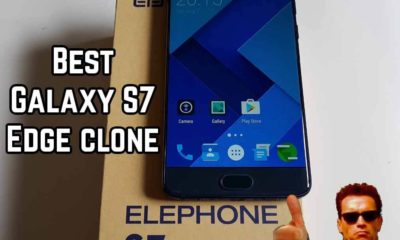Tech
5G: Why We Need it Even for Our Homes?
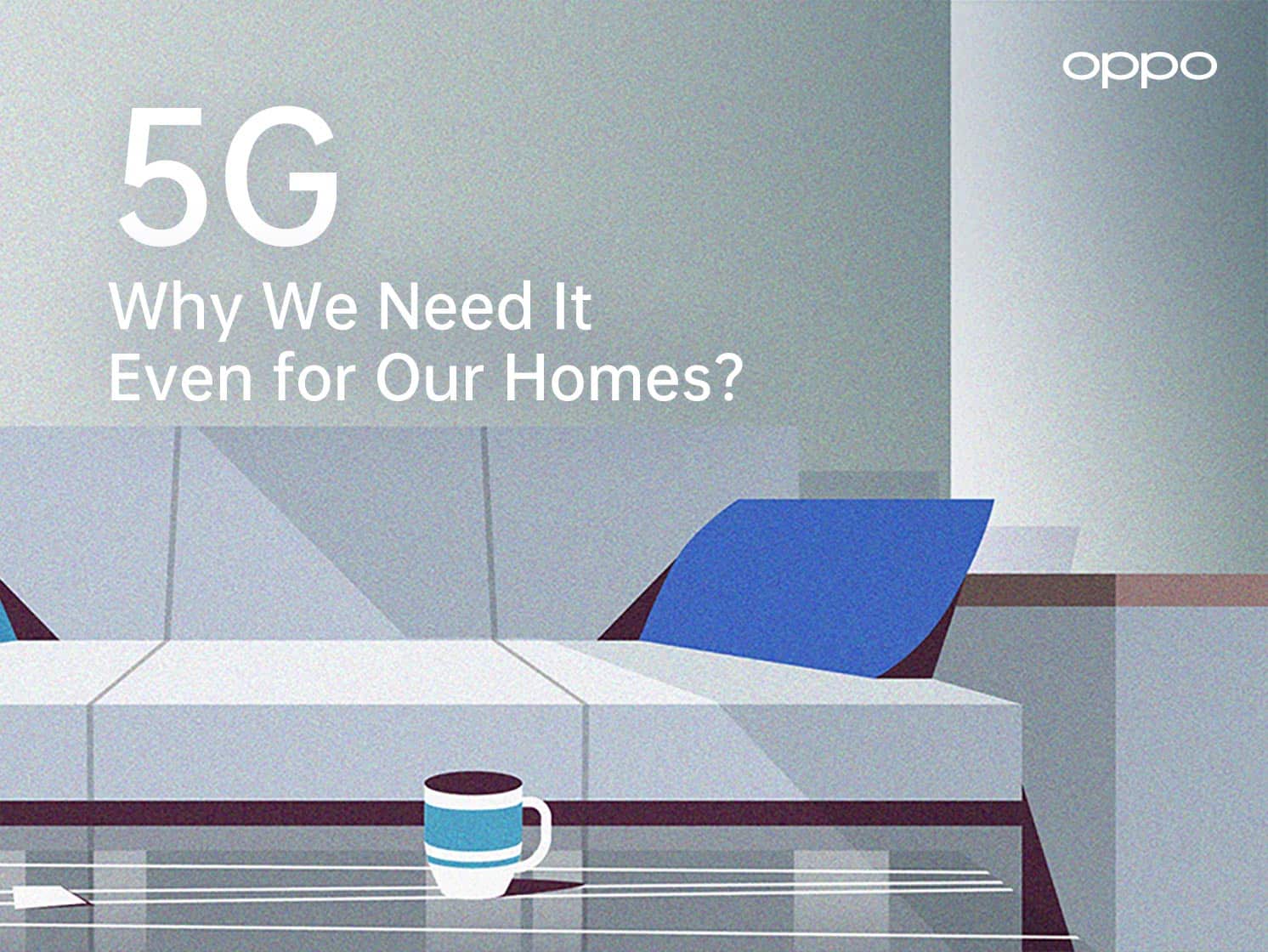
Everyone would probably agree that 5G is great for smartphones on the go. But why does it matter for our homes? We already have good-old Wi-Fi after all. But Wi-Fi is quickly becoming outdated and unable to keep up with all the demands of smart homes of the future. That’s where 5G comes in. We predict that 5G will be just as useful and revolutionary for our homes as it is for mobile usage and here’s why:
Look around you now. In addition to smart phones, tablets, and computers there are many more connected devices and sensors that we don’t even think about in our homes, such as security cameras, speakers, TVs, lighting systems and so on. Without realizing it, we have become totally used to the convenience smart homes offer.
Everything is becoming smarter; every home appliance is getting connected and we expect them all to work with each other smoothly and seamlessly. This creates huge burden for Wi-Fi, which is not fast enough, connects fewer products, and has a slower response time. Fortunately, 5G is here to save the day.
Smart Homes with 5G: lightning speed, unlimited connection, and instant response times
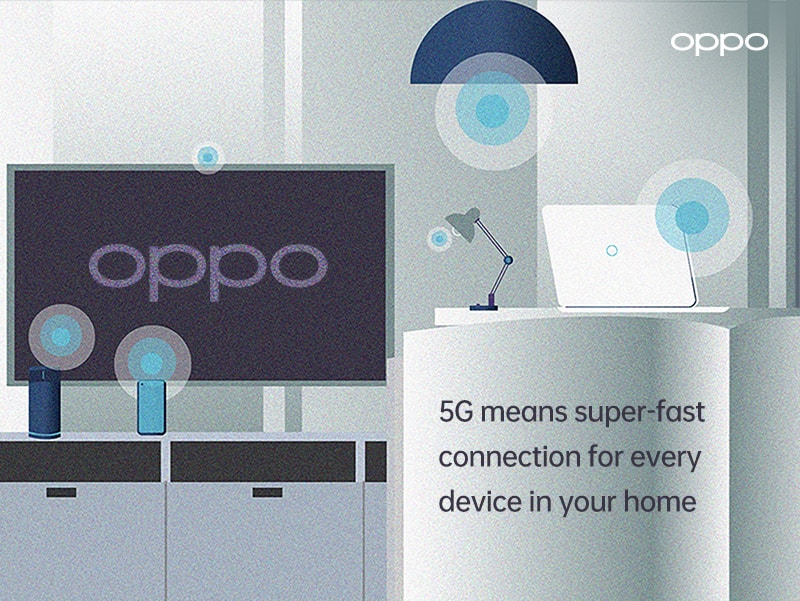
Who hasn’t experienced that slow connection speed when several devices in the home are consuming the bandwidth at the same time? The situation is even worse when the broadband speed is low to begin with. However, with 5G, it’s a totally different story. 5G enables multi-gigabit speeds as well as massive device connectivity, which makes it possible to connect dozens or even hundreds of devices in a smart home. All of your devices—smartphones, TVs, computers, tablets and so on—can simultaneously download high-definition movies, stream music, or play large-scale online games, without any impact whatsoever on the connectivity of other devices and sensors in your home.
Going forward, we can enjoy an even more intuitive smart home experience through AR/VR devices. For instance, imagine being able to wear AR glasses to get real-life 3D instructions on how to assemble a piece of confusing new furniture or using VR to see your doctor without needing to leave the house
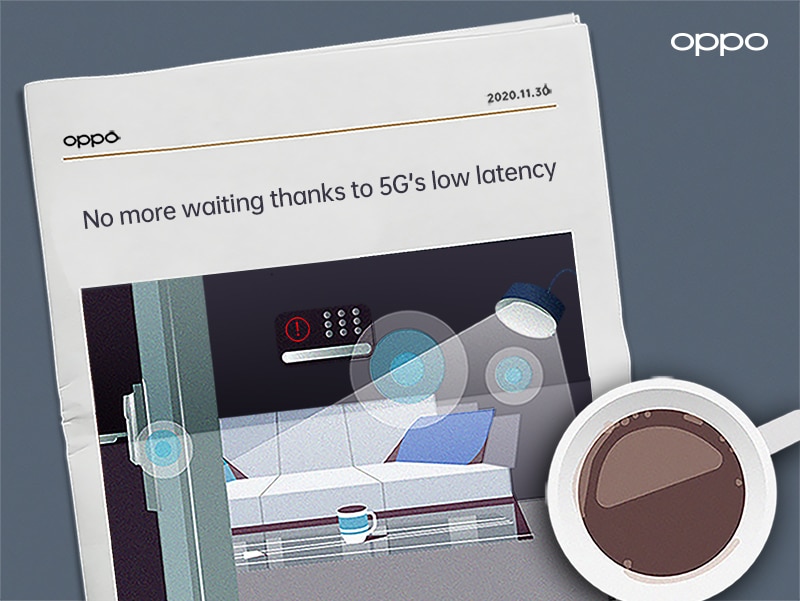
Sometimes a matter of seconds can make all the difference, the alarm needs to go off immediately when it senses danger and child monitoring devices have to give us real-time feedback. The 5G’s low latency helps to minimize the response time of connected devices so that they can exchange information seamlessly. With 5G, your smart speaker will be more responsive and your home security will be more reactive. Therefore, low latency isn’t just about convenience, it’s about security and peace of mind.
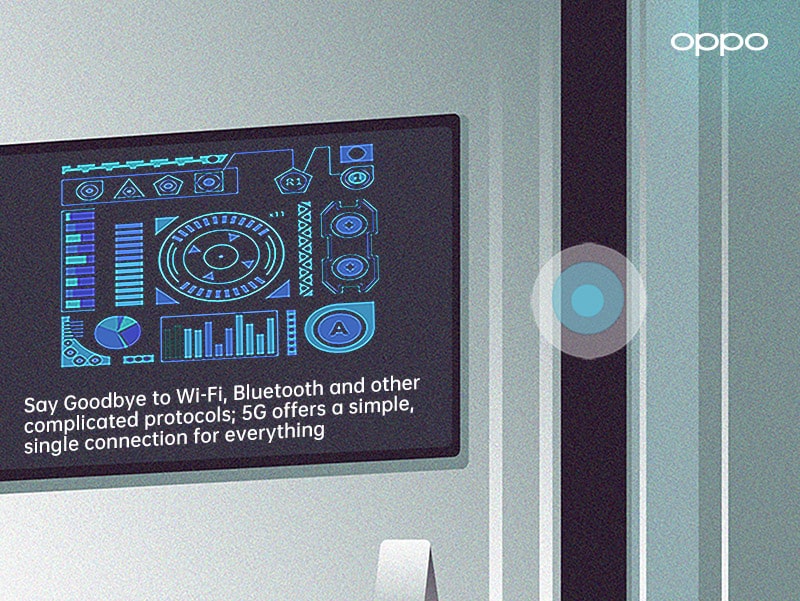
Smart homes in the past tended to use different communication protocols like Wi-Fi and Bluetooth which caused silos as devices on one network couldn’t interact with devices on another. This made it difficult to create an integrated smart home experience. In contrast, any device can be directly connected to the 5G network which then allows it to interconnect and interact with other devices using the same protocol. It’s then easy to create a comprehensive smart home ecosystem. 5G also means that households no longer need to solely rely on existing wired infrastructure. In particularly, households in remote areas or those without access to wired broadband will be able to enjoy the high-tech experience of smart homes.
5G Internet of Experience by OPPO
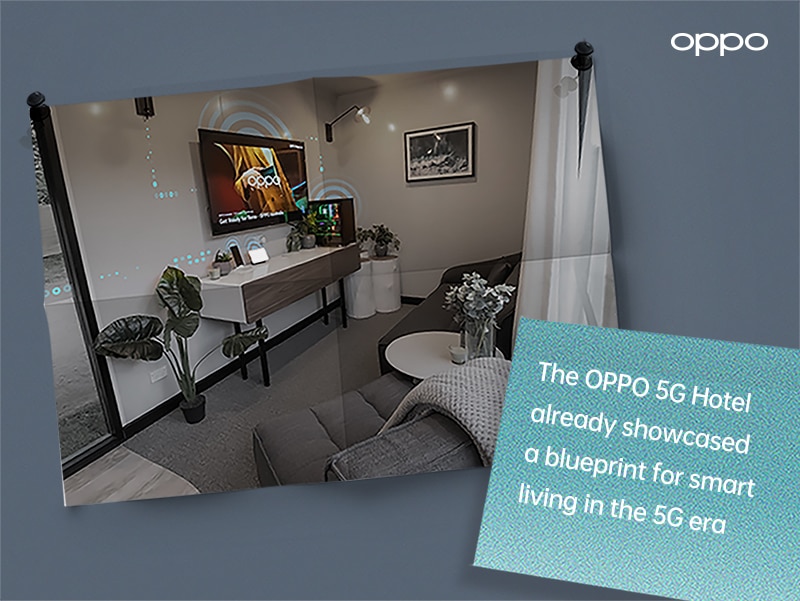
Some might think the smart home lifestyle still sounds a bit distant, but OPPO has already turned many possibilities into a reality. Last summer, we created the world’s first traveling 5G-powered, smart hotel centered around the OPPO Reno 5G. The OPPO 5G Hotel toured across Australia for 6 months, giving its guests the first glimpse of smart living in the 5G era. The 5G Hotel was packed full of innovative and fascinating 5G smart home devices, which could be easily controlled via the OPPO Reno 5G smartphone. Guests could control the lighting and background music via voice commands; try on various outfits in the AR wardrobe; and binge watch Netflix via 5G connectivity without any buffering. The 5G Hotel epitomized what the 5G Internet of Experience really means and allowed guests to see what the future of smart living will look like.
OPPO believes that the concept of connection is just the foundation, whereas integration and convergence will be the future. Right now, OPPO has launched a series of smart devices to build a more advanced and comprehensive smart home ecosystem in the era of Internet of Experience. These include products in the 5G CPE series which serve as the hub in the personal, home, travel, and work settings. Additionally, OPPO has also built a rich portfolio of earbuds, watches, TV and innovative concept products such as the OPPO AR Glass. Once 5G is more widely adopted, the development of smart homes and other IoT devices will definitely bring us futuristic experiences beyond our imagination.
Source: OPPO
-

 Business6 months ago
Business6 months agoBest Technology Companies To Work For: 10 Top Picks For You
-

 Business6 months ago
Business6 months agoLatest Developments In Artificial Intelligence: 5 Best Breakthroughs
-

 Development and Hacking5 months ago
Development and Hacking5 months agoEmerging Technologies In Cyber Security: Full Guide In 2025
-

 Phones5 months ago
Phones5 months agoFind My Phone Using Google Account: Full How To Guide (5 Steps)
-

 Business5 months ago
Business5 months agoBest Tech Cities In The US: 7 Opportunities You Shouldn’t Miss Out
-

 Phones4 months ago
Phones4 months agoFind Samsung Phone: 6 Great Ways To Find Lost Or Stolen Device
-

 Phones3 months ago
Phones3 months agoAll Google Apps: Ultimate Guide For The Most Useful Ones (2025)
-

 Phones3 months ago
Phones3 months agoSwitch From iPhone To Android: 7 Reasons For Switching Sides














